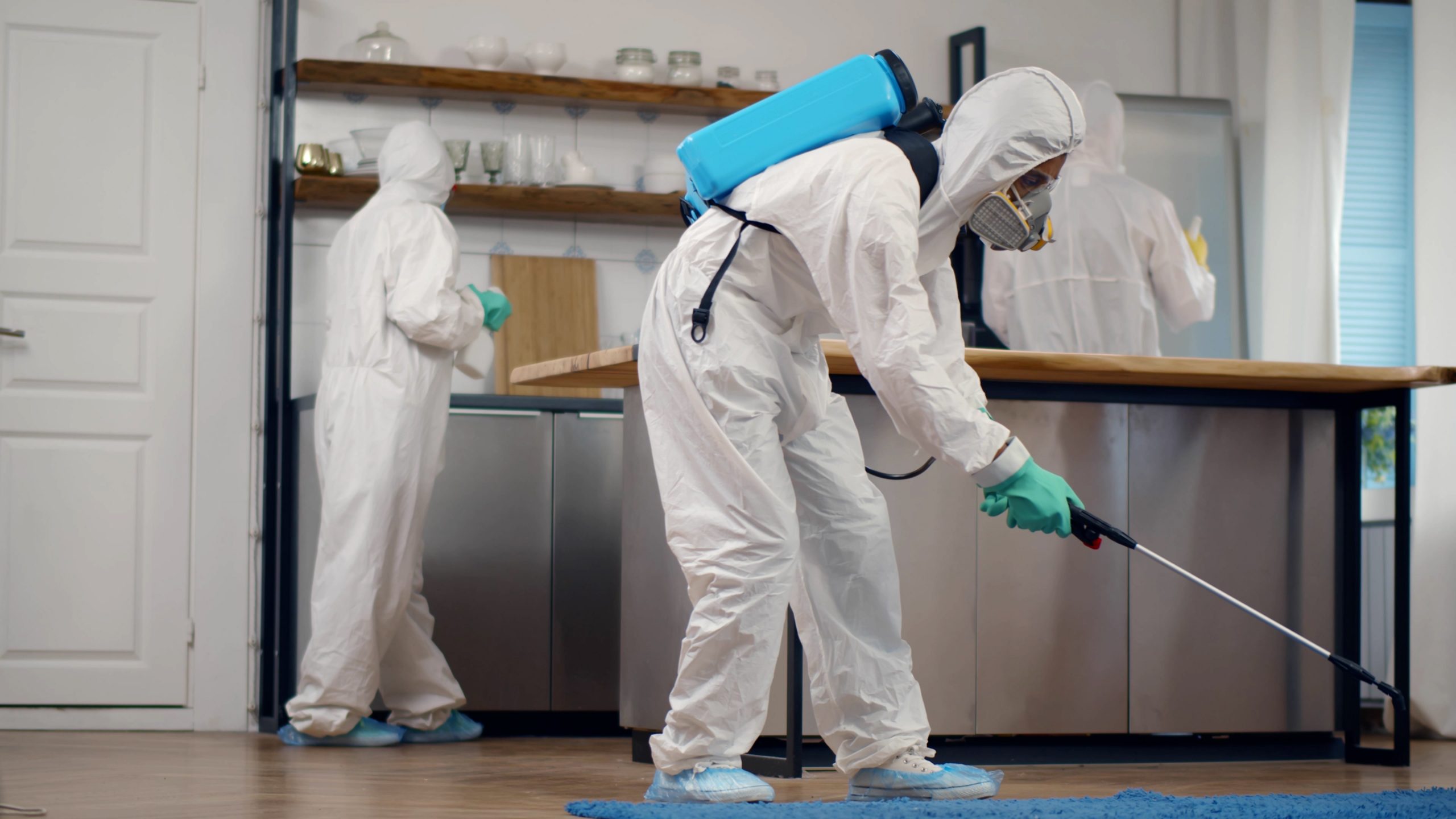Bed Bug Dog Detection: Spot Infestations Early for Comfort!
Bed Bug Dog Detection: Spot Infestations Early for Comfort!
Blog Article
Expert Insect Control Techniques for Long-Term Outcomes
Expert bug control techniques encapsulate a thorough strategy that begins with a thorough evaluation and evaluation, adhered to by specific insect recognition to recognize their actions patterns. The implementation of Integrated Insect Administration (IPM) concepts, combined with eco-conscious therapies, forms the keystone of sustainable bug obliteration.
Inspection and Assessment
Upon going into a residential or commercial property for parasite control services, the initial step is an extensive inspection and assessment to identify the extent of the invasion and determine the most reliable therapy plan. Expert bug control technicians are trained to thoroughly take a look at the facilities, trying to find indications of bug task such as droppings, munch marks, nests, or any kind of architectural damages. They will certainly likewise evaluate the conditions that may be attracting pests, such as food resources, water leakages, or entry points.

Parasite Identification and Actions

Moreover, understanding the habits of the recognized parasite is vital to implementing effective control measures. Recognizing where pests nest, what they feed on, and their task patterns can aid pest control specialists develop methods to eradicate them effectively. Some parasites might be nighttime, while others are more active throughout the day. This knowledge enables the application of treatments at optimum times for optimum efficiency.
Integrated Parasite Administration (IPM)
Integrated Bug Administration (IPM) techniques incorporate numerous strategies to manage and avoid insect infestations in a lasting and ecologically pleasant fashion. bed bug treatment. By incorporating methods such as biological control, habitat control, modification of cultural practices, and making use of resistant selections, IPM intends to lessen making use of chemical pesticides
One of the crucial principles of IPM is the focus on prevention. This positive approach entails tracking pest populaces frequently to spot any kind of possible issues prior to they escalate. By determining insect troubles early on, pest control procedures can be implemented quickly and properly.
In addition, IPM promotes the use of non-toxic pest control approaches whenever possible. This can consist of employing all-natural killers of the bugs, presenting useful insects, or using scents to interrupt mating patterns. By reducing reliance click to read more on chemical pesticides, IPM not just safeguards the atmosphere however additionally assists maintain a balance in the ecological community.
Environmentally-Friendly Treatments
Applying eco-conscious techniques in bug control treatments can properly address problems while focusing on ecological sustainability. Environmentally-friendly treatments focus on reducing the impact of parasite control approaches on ecological communities, non-target microorganisms, and human wellness. These techniques typically include making use of natural predators, such as ladybugs or nematodes, to control pest populations, reducing the need for chemical treatments. In addition, methods like habitat control, such as adjusting moisture levels or getting rid of food resources, can assist prevent insects without using harmful materials.
Another key facet of environmentally-friendly therapies is making use of natural and eco-friendly items that break down rapidly without leaving damaging residues in the environment. Organic pesticides obtained from plants like chrysanthemums or neem offer reliable bug control while presenting minimal threat to non-target types. Furthermore, utilizing techniques like warmth treatments or scent traps can target specific parasites with precision, lowering the general ecological impact of pest control practices.
Ongoing Tracking and Upkeep
Constant surveillance and maintenance are vital parts of effective bug control administration. Recurring surveillance plays a critical role in making certain that insect problems are check my site found very early and managed without delay. Regular assessments by experienced professionals are essential to recognize any indicators of bug activity, examine the effectiveness of previous treatments, and make modifications to the pest control plan as required. By keeping an eye on bug populaces gradually, insect control professionals can track trends, anticipate possible concerns, and carry out safety nets to reduce the risk of future problems.
In enhancement to tracking, upkeep practices are vital for long-term parasite control success. This includes implementing proper cleanliness procedures to eliminate potential food and water sources for parasites, sealing off entrance factors to protect against insects from going into the properties, and dealing with any type of architectural issues that can help with bug infestations (bed bug exterminator). By incorporating recurring monitoring and upkeep right into an integrated bug monitoring strategy, companies can ensure a pest-free atmosphere and her explanation guard their property versus expensive damage and health and wellness threats
Conclusion
To conclude, making use of professional insect control strategies such as extensive assessment and analysis, accurate pest identification and understanding of their habits, integrated insect management methods, environmentally-friendly therapies, and recurring monitoring and maintenance are important for accomplishing long-term cause parasite control. By implementing these methods, individuals can efficiently manage insect infestations and maintain a pest-free environment in a lasting way.
Report this page